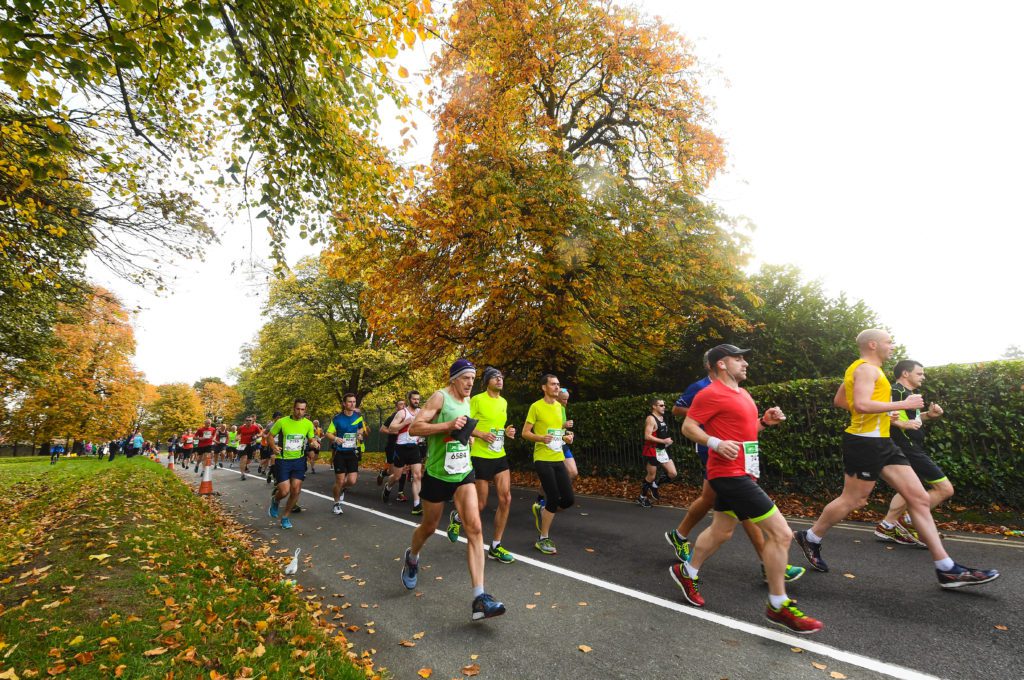Why imperfect race preparations aren’t necessarily a bad thing
Why some small hiccups in the lead-up to race day can actually be good for performance

Runners put a lot of work into training in hopes that their preparations will pay off once the gun goes. So when a race is approaching and a runner gets sick or injured, they can quickly push the panic button–because sickness or injury certainly wasn’t part of the race-day plan.

RELATED: Runner’s Guide to Surviving Cold and Flu Season
Sickness and injury are, unfortunately, quite common for runners approaching race day. After weeks of hard training, their weight is usually a little lower than normal, and their bodies can be a little tired. But if you find yourself getting on the start line under the weather, here’s why it can actually be a good thing.
Delilah Muhammad, the new world record holder in the 400mH was slightly hurt before her record-breaking run. She told the IAAF, “Funny enough, I got a little injured like two weeks ago,” she said. “I had a crazy fall and so we’ve kind of been shutting down. It’s just one of those things that you’re just hoping for the best… I just trusted in what we had been working on at this point.”
https://www.instagram.com/p/B0hnGu-DRkb/
RELATED: Delilah Muhammad upsets Sydney McLaughlin to set 400mH world record
You’re typically better rested
If you’ve been a little sick heading into your race, chances are you’ve taken a few extra rest days, and this might have been the break your legs needed. An extra day or two of rest could be the cherry on top of all your hard work in training.
The same goes for injury. If you’ve needed to take a few extra cross-training days or even total rest days, this is probably going to pay off on the start line.

You’re more relaxed
Illness and injury can lead to lowered expectations for race day. As long as you trust the work you’ve put in earlier in the season, then taking the pressure off race day might actually be a good thing. The lack of added pressure can sometimes lead to better results, because a relaxed runner is a fast runner.
With all of this in mind, there are many examples of illness and injury that will significantly hinder performance. Follow the well-known doctor’s rule of a runny nose, congestion and sore throat–symptoms from the neck up, are generally OK to exercise with. Symptoms from the neck down, like coughing, fever or muscle aches, mean that you should probably sit out on race day.
The same goes for injury. You never want to put yourself in danger when getting on the start line, but if something flares up and forces you to miss a small block of training, consider the extra rest your secret weapon as opposed to your worst nightmare.


